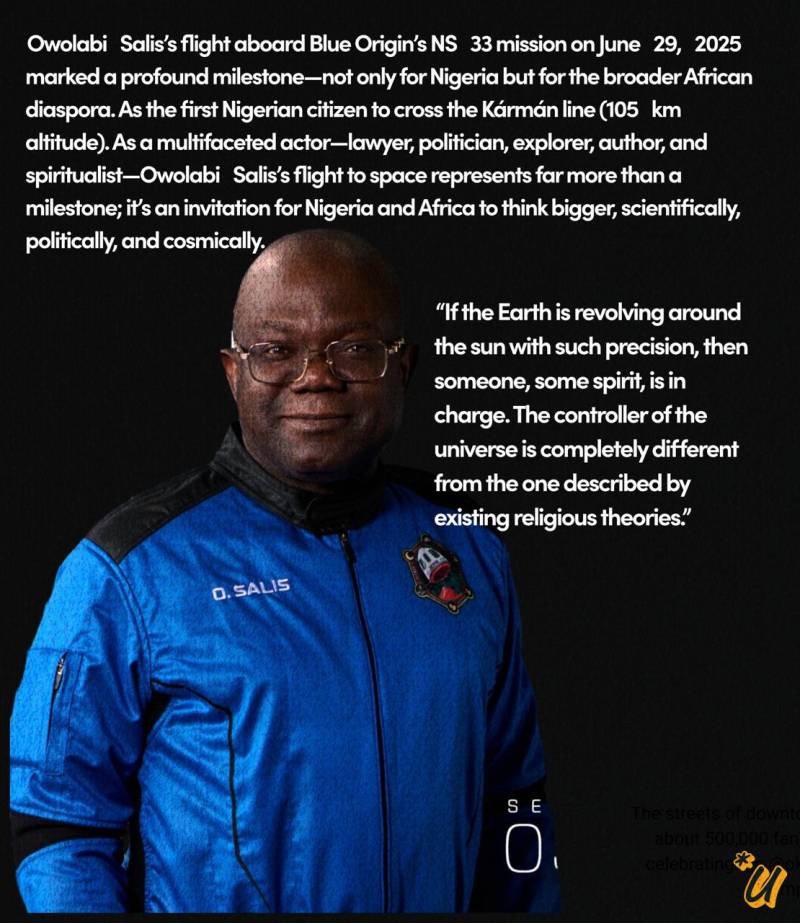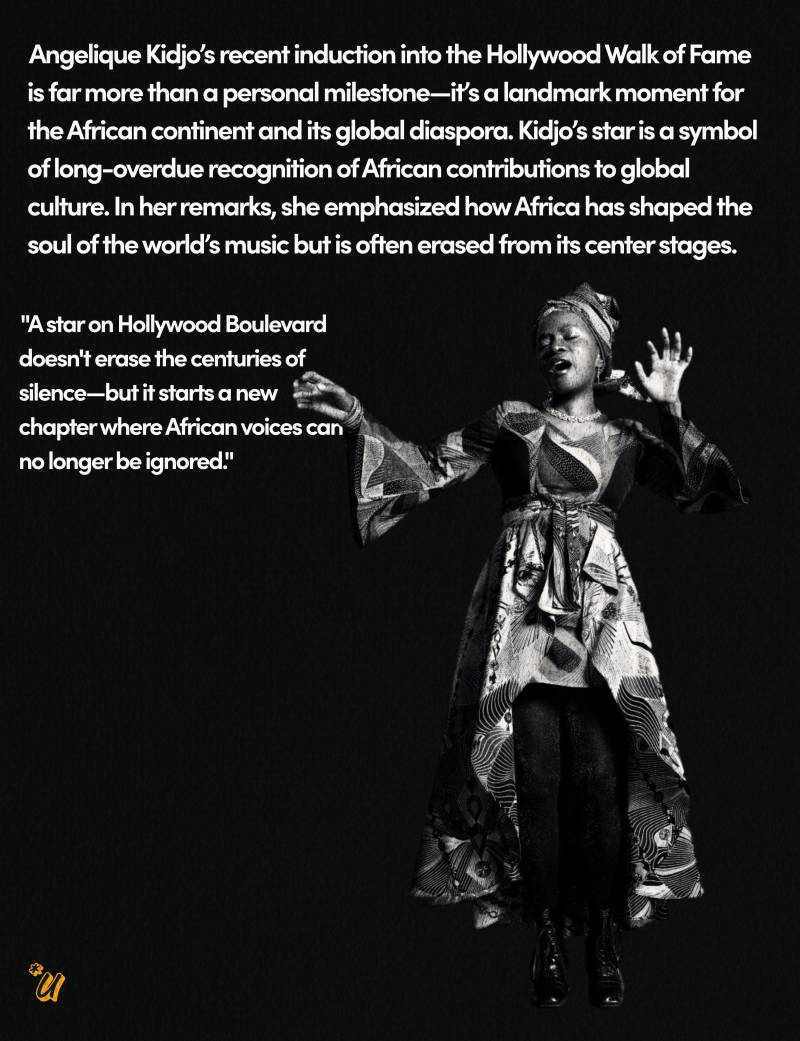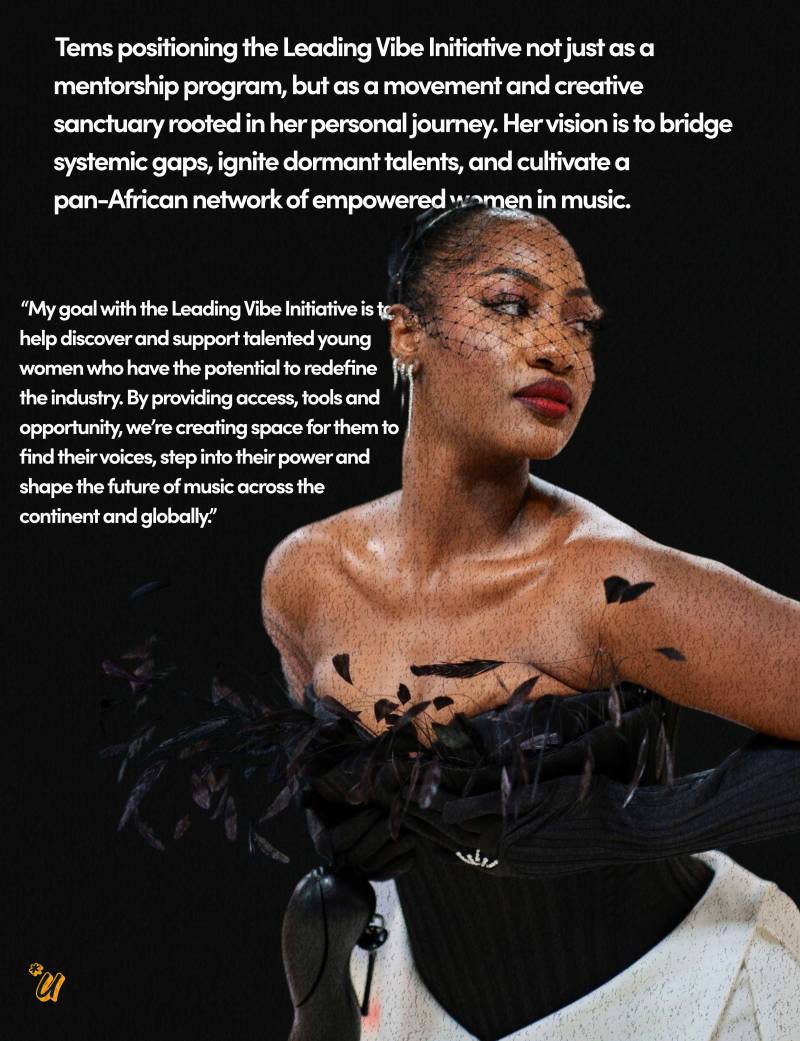On the night of June 21, France’s beloved Fête de la Musique turned chilling when dozens of festivalgoers—predominantly young women—reported being pricked by syringes in crowded cities like Paris, Bordeaux, Metz, Tours, Évreux, and Rouen. Among them was 22‑year‑old Manon from Bordeaux, who shared, “I started to feel numb in the muscle, like you do when you get a vaccine. After about 30 minutes, the injection mark appeared”. As millions celebrated World Music Day, social media warnings circulated of a coordinated attempt—mainly targeting women—with “calls had been made on social media for women to be targeted with syringes”. By Sunday, French authorities confirmed approximately 145 victims had reported needle pricks across the country, with 13 in Paris alone.

Read Also: Deadlier Heat Waves - Climate Change’s Silent Threat
:max_bytes(150000):strip_icc():focal(978x577:980x579)/Ten-girls-being-pricked-music-festival-France-062225-02-4d66063b477c4024b01be69bc9daee54.jpg)
Twelve suspects, aged between 19 and 44, have been detained, including four in Angoulême and two in Metz, though no charges related to syringe use have been filed yet. The Interior Minister pledged to pursue not only the perpetrators but also those who incited the attacks online.
Health officials and police have not confirmed whether the syringes were loaded with drugs like GHB or Rohypnol. Many victims underwent toxicology screenings amid fears of date-rape substances, but conclusive evidence remains elusive. Manon spent nearly three hours in the emergency room before being released, waiting anxiously for results that could take weeks. She later shared her story on TikTok, emphasizing, “It was important for me to raise awareness… I was completely alone”. This alarming wave recalls similar “needle spiking” incidents across Europe since 2021, which have sparked widespread fear. Experts note that actual injection of incapacitating drugs in chaotic environments is difficult, suggesting some attacks may be meant primarily to terrorize.
Manon’s bravery in speaking out highlights a critical turning point: victims are no longer silent. She filed a police report and urged: “If we’re too lax… nothing ever changes.” Her resolve underscores a broader message—that safety and vigilance must shape public spaces, especially for women enjoying cultural celebrations. As investigations continue and toxicology results unfold, the message is clear: night‑time festivals should be places of joy, not fear. Authorities are ramping up security, monitoring online platforms for incitements, and encouraging anyone pricked to report immediately. For citizens, awareness and speaking out may be the strongest deterrent against those who wish to sow panic under the guise of celebration.



